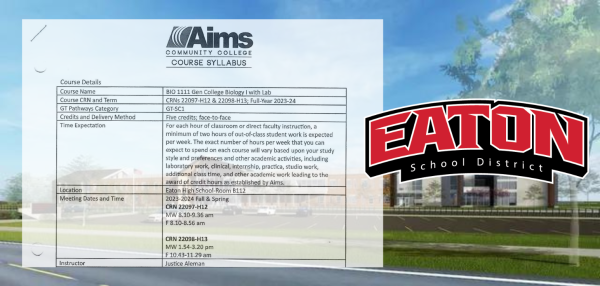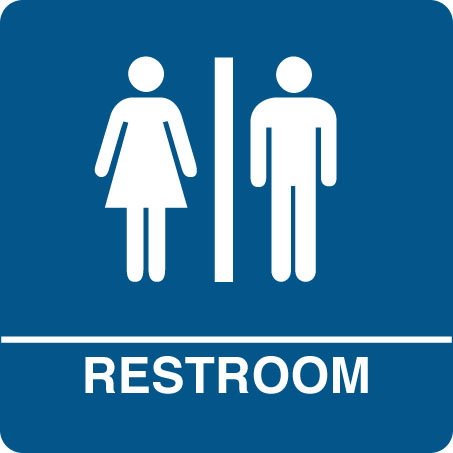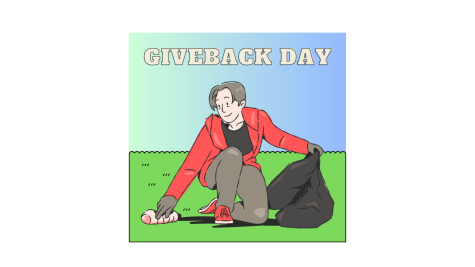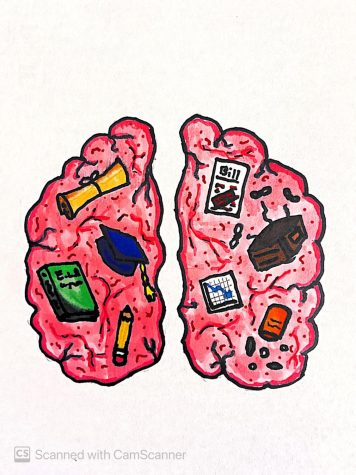Minimum Wage Results on the Way
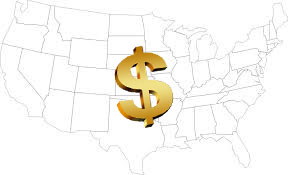
Each year as of Jan. 1, 2017, minimum wage is increasing. Minimum wage went from $9.30 as of last year to $10.20 effective this year. Each year the minimum wage is supposed to go up ninety cents. As of 2020, minimum wage will be at $12.00. Minimum wage increases have the potential to torture the economy and could have negative effects
After passing an increase in minimum wage in 2016, the results are on the way. Minimum wage increase has the potential to cause inflation within the economy which has been on the rise for years. When employers are forced to increase wages, prices tend to go up to compensate for those increased wages. If prices increase then consumers as a whole may have to pay more for products defeating the purpose of increasing the minimum wage. The cost of living is one of the reasons for increasing the minimum wage which if it goes up then the original purpose for increasing it is ruined. Minimum wage will still be minimum wage but those making more will have to take on the increased prices with no increase in their wages.
If minimum wage increases businesses may want to turn to technology to take the place of some minimum wage jobs. If this were to happen, people would lose their jobs altogether and wouldn’t be making anything. It’s important that people keep their jobs and that technology doesn’t take over, but there is going to be less desire for human workers if the minimum wage is so expensive for employers. Unemployment, as of now, is at 4.1% in the United States which is the lowest it has been in the past 17 years. After experiencing a lot of unemployment after the 2008 recession, Americans should know that minimum wage could create something like a recession.
Minimum wage increases have the potential to hurt the economy and the effects are already making their way. Minimum wage is passed and the repercussions are coming.



